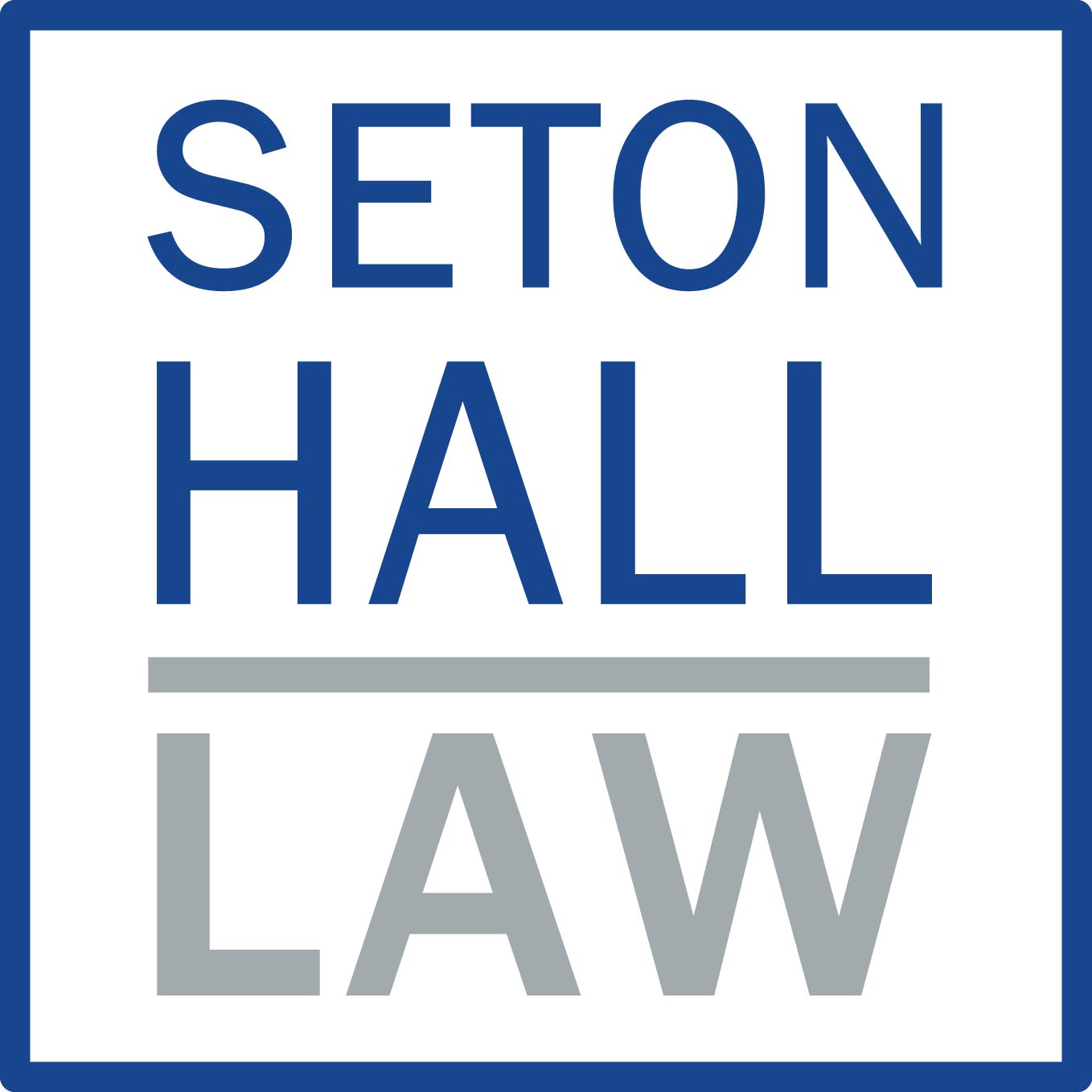
Health Law Weekly Roundup: Week ending June 19, 2020

The Center for Health & Pharmaceutical Law has compiled a weekly roundup of interesting articles related to health law for the week ending June 19, 2020.
PHARMACEUTICAL INDUSTRY
-
The Food and Drug Administration (FDA) approved the drug Uplizna to treat neuromyelitis optica spectrum disorder (NMOSD), making Uplizna the second approved treatment for NMOSD. NMOSD causes visual impairments and paralysis, mostly among women. Since NMOSD is rare, Uplizna received Orphan Drug designation. Read article, FDA Approves New Therapy for Rare Disease Affecting Optic Nerve, Spinal Cord >>
-
The race continues for a COVID-19 vaccine. China National Biotec Group (CNBG) is working on two vaccines, one of which seems to develop neutralizing antibodies when given to clinical trial participants twenty-eight days apart. The rush to find a vaccine has caused CNBG to break typical clinical trial protocol and give these unapproved vaccines to people outside of the trial who intend to travel outside of the country. Read article, China's Sinopharm touts 100% antibody response for COVID-19 vaccine it's already giving to workers >>
-
The FDA has approved Novartis’s drug Ilaris to treat Adult-Onset Still’s Disease (AOSD). This is the first approved drug treatment for AOSD, a rare autoinflammatory disease. Read article, FDA Approves First Treatment for Adult Onset Still’s Disease, a Severe and Rare Disease >>
-
On Tuesday, the United States Court of Appeals for the District of Columbia Circuit ruled that the U.S. Department of Health and Human Services (HHS) was precluded from demanding that pharmaceutical companies disclose the “list price” of drugs covered by Medicare Medicaid in their direct-to-consumer television advertisements. In May 2019, HHS promulgated a rule requiring such disclosure in an effort to incentivize pharmaceutical companies to reduce drug prices and permit customers to make more informed decisions. Because the “list price” of drugs “bears little meaningful relationship to the price that either the federal government or Medicare and Medicaid beneficiaries pay for drugs,” the Court of Appeals held that HHS's drug price disclosure rule failed to form the necessary nexus between the statutory language that authorizes HHS to carry out the efficient administration of the Medicare and Medicaid programs and the actual price paid by beneficiaries for Medicare or Medicaid-covered drugs. The Court of Appeals also held that the rule was overbroad insofar as it targeted general public and not just Medicare and Medicaid beneficiaries and amounted to a “sweeping” interpretation of the agency’s authority to regulate drug manufacturers. Read article, D.C. Circuit Rejects Trump Administration's Drug Price Disclosure Rule >>
THE IMPACT OF COVID-19 ON HEALTH AND WELLNESS
-
Nurse practitioner Stephen Wood details his experience with a black COVID-19 patient who created his first advanced directive during his COVID-19 hospital stay. Wood goes further to explain black Americans are half as likely as their similarly aged white counterparts to have advance directives and less likely to enroll in hospice. Wood advocates for health care literacy to reduce the disparity among races. Read article, COVID-19 Underscores Racial Disparity in Advance Directives >>
-
COVID-19 forced schools to close, which promulgated a rapid transition to virtual learning that did not prove easy, particularly for more vulnerable children. To mitigate adverse effects of online learning, Erika Martin, PhD and Lucy Sorensen, PhD, give some suggestions for schools that including delivering meals to those students who would have received a meal at school, ensuring all students have access to digital devices, and training teachers in trauma-based practices. Read article, Protecting the Health of Vulnerable Children and Adolescents During COVID-19–Related K-12 School Closures in the US >>
-
The FDA, which approved malaria drugs as a COVID-19 treatment in March, has removed that designation because controlled studies have shown no beneficial effect. Read article, FDA yanks chloroquine's emergency OK after data show it doesn't work against COVID-19 >>
-
Proteus Digital Health filed for Chapter 11 bankruptcy. The company claims the COVID-19 pandemic hindered efforts to raise money or sell the company. By filing for bankruptcy, however, Proteus can continue operations with protection from its creditors. Read article, Pandemic forces Proteus into bankruptcy >>
MEDICAL DEVICE INNOVATIONS
-
A Minnesota medical device company has successfully conducted studies to treat prostate cancer with thermal water. Instead of removing the prostate or using radiation as is normal treatment procedure, this treatment offers the possibility of a minimally invasive treatment. Read article, Maple Grove Medical Device Company Pioneers New Treatment for Prostate Cancer >>
-
The FDA approved a video game experience, EndeavorRx, to treat school-aged children with attention-deficit/hyperactivity disorder (ADHD). EndeavorRx is the first FDA-approved ADHD treatment that does not involve drug treatment. Read article, FDA clears "videogame" treatment for ADHD patients >>
Learn about our virtual Healthcare Compliance Certificate Programs offered for Asia-Pacific, the Middle East, Europe, the U.S., and a U.S. Plus Program with an FCPA focus.







